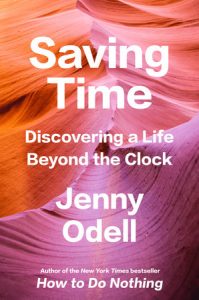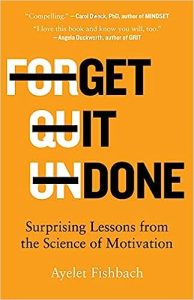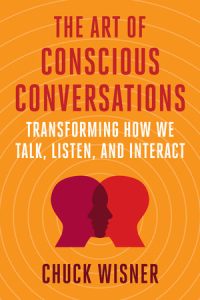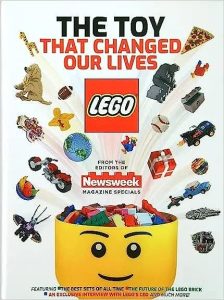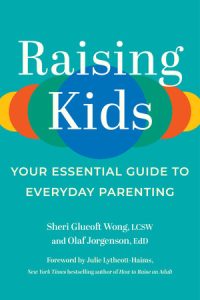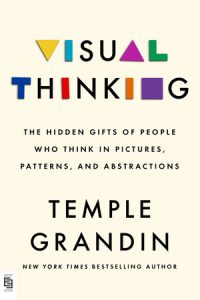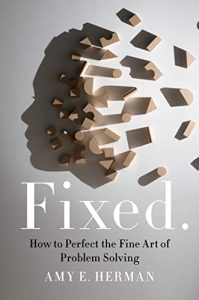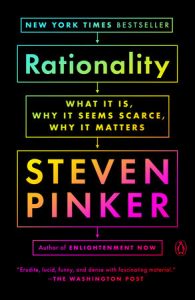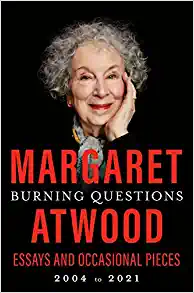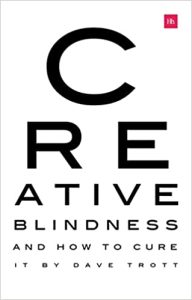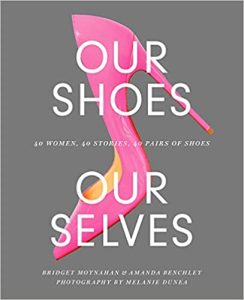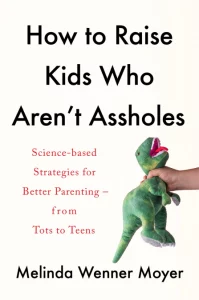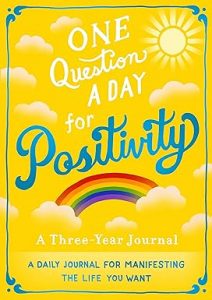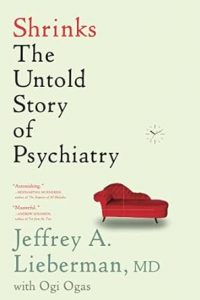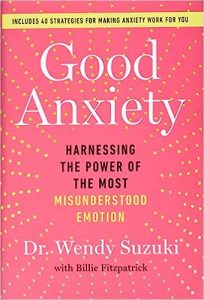Saving Time
₦10,000.00Our daily experience, dominated by the corporate clock that so many of us contort ourselves to fit inside, is destroying us. It wasn’t built for people, it was built for profit. This is a book that tears open the seams of reality as we know it—the way we experience time itself—and rearranges it, reimagining a world not centered around work, the office clock, or the profit motive. Explaining how we got to the point where time became money, Odell offers us new models to live by–inspired by pre-industrial cultures, ecological, and geological time–that make a more humane, more hopeful way of living seem possible.

